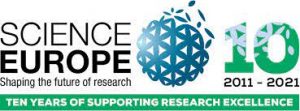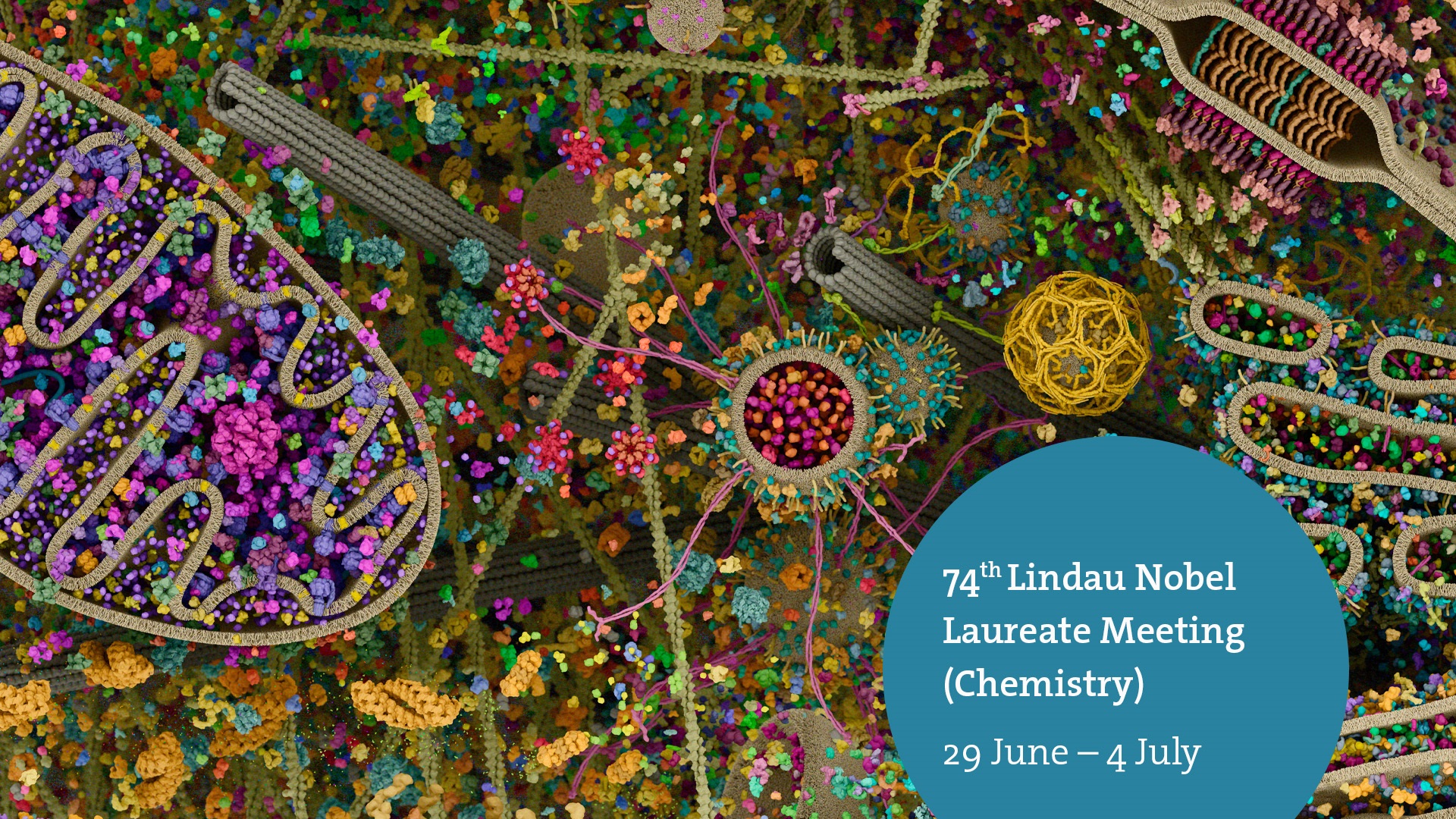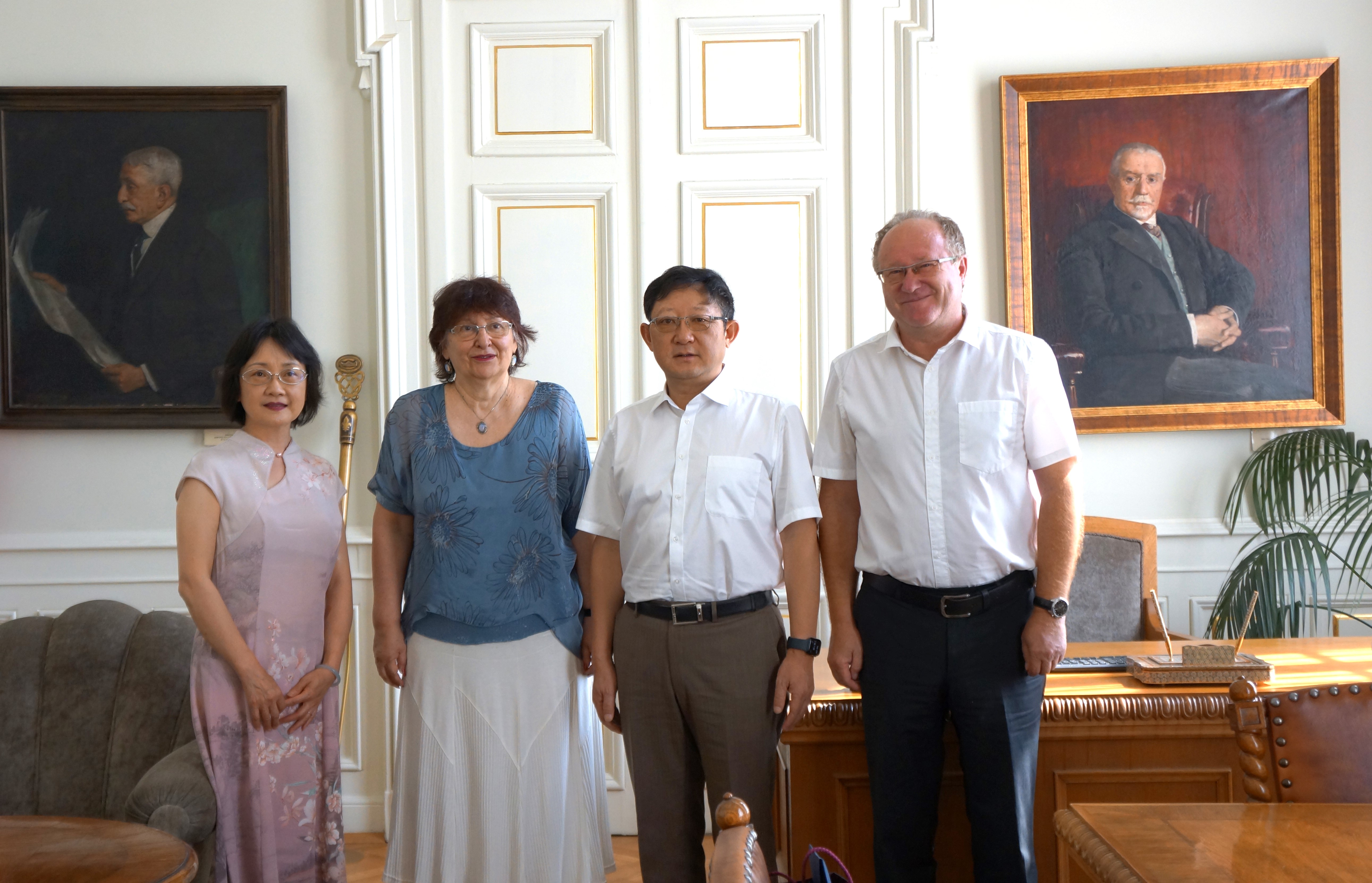
The President of BAS Prof. Julian Revalski, Full Member of the Academy, and the Vice-President of BAS Corresponding Member Evdokia Pasheva participated in three Science Europe events held on 24-25 November 2021 in Luxembourg.
On 24 November, Prof. Revalski and Prof. Pasheva participated in a high-level workshop on “Research culture in the European Research Area (ERA): ensuring the attractiveness of the research sector for current and future generations”. The event was opened by the Minister for Higher Education and Research of Luxembourg, Mr Claude Meisch, and the President of Science Europe, Dr Marc Schiltz. Jean-Eric Paquet, Director-General for Research and Innovation at the European Commission, delivered a welcome address to the participants on the theme “Supporting a sustainable and efficient research culture in ERA”. In addition to representatives of Science Europe member organisations, the event was attended by ministers of science from a number of European countries.
After the high-level workshop, the President and Vice-President of BAS joined the official celebration of the 10th anniversary of Science Europe.
On 25 November, Corr. Mem. Evdokia Pasheva took part in the Autumn General Assembly of the Association, which elected a new Governing Board for the period 2021-2023 and approved the work plan for 2022. Dr. Marc Schiltz was elected President of the Association for a third term of office. The General Assembly concluded with a discussion with the new President of the European Research Council (ERC) Prof. Maria Leptin.
Science Europe is an association of European organisations that fund and carry out scientific research. It was established in 2011 and is based in the city of Brussels. It was established in 2011 in Brussels, Belgium. BAS has been a member of the Association since 2012. Science Europe promotes the collective interests of its member organisations and supports their efforts to advance European science. Through its activities, the Association aims to strengthen ERA by engaging directly with key partners. It generates information through the representation of all scientific communities and responds with its own opinions to develop policies, priorities and strategies.





